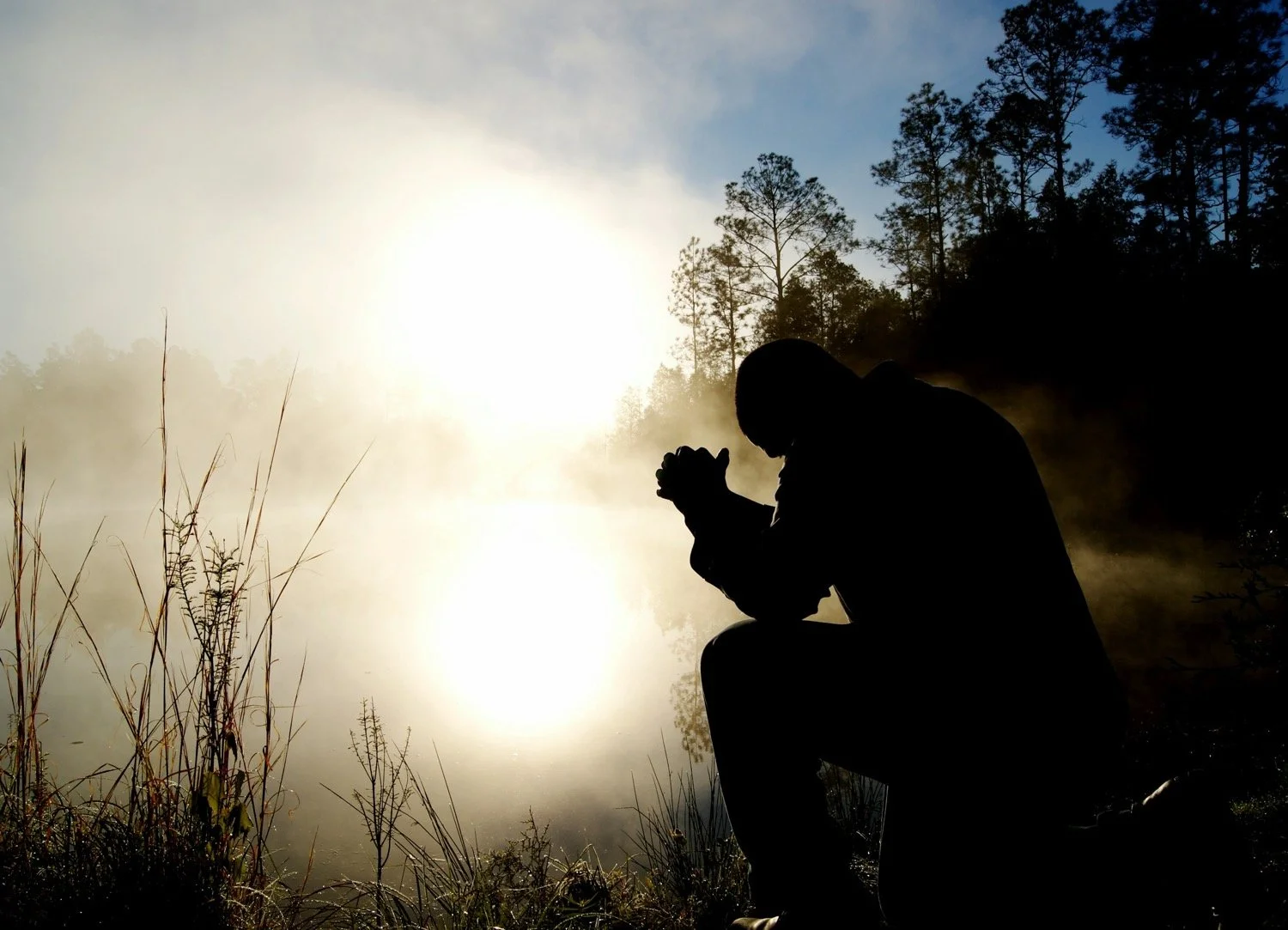Readings for today: Daniel 1-3
Daniel is one of my favorites. He is a man sold out to God. No matter what life throws at him, he never once seems to waver. When he was a young man, he was carted off into exile in Babylon. A traumatic, painful experience. Once he arrived in Babylon, he was identified as a young man of promise and removed from his family. Sequestered in the king’s household, he began training as a wise man. Someone who would counsel the king on the most important matters. Someone who would serve the empire and seek to expand its influence and power. One can easily imagine the internal struggle Daniel must have felt. How does he serve God faithfully while counseling one of the great tyrants in history? How does he speak God’s truth to a pagan power? How does he maintain his integrity even as he counsels a king whose ego is out of control?
The challenges start early. As part of his training, he is presented with unclean food to eat. Right off the bat, he has a choice to make. Will he trust God or will he compromise his convictions? Here it is critical to note how Daniel responds. It will become the pattern for the rest of his life. “But Daniel resolved that he would not defile himself with the king's food, or with the wine that he drank. Therefore he asked the chief of the eunuchs to allow him not to defile himself. And God gave Daniel favor and compassion in the sight of the chief of the eunuchs, and the chief of the eunuchs said to Daniel, “But Daniel determined that he would not defile himself by eating the king’s food or drinking his wine, so he asked the head of the palace staff to exempt him from the royal diet. The head of the palace staff, by God’s grace, liked Daniel, but he warned him, “I’m afraid of what my master the king will do. He is the one who assigned this diet and if he sees that you are not as healthy as the rest, he’ll have my head!” But Daniel appealed to a steward who had been assigned by the head of the palace staff to be in charge of Daniel, Hananiah, Mishael, and Azariah: “Try us out for ten days on a simple diet of vegetables and water. Then compare us with the young men who eat from the royal menu. Make your decision on the basis of what you see.” (Daniel 1:8-13 MSG) First and foremost, Daniel resolves to remain faithful to God’s Law. He will not eat unclean food. At the same time, he recognizes his convictions put the chief eunuch in a tough position. If Daniel and his friends refuse to eat and start to suffer physically, the eunuch is going to be punished so Daniel comes up with a plan. Essentially, let us do it God’s way for ten days and then compare us with the rest of the group. If we don’t measure up, we’ll do it your way. It’s a brilliant approach. Daniel remains faithful to God. He is able to share with the eunuch the reason for his hope. And he treats the man with gentleness and respect.
Fast forward a few years. Now Daniel has taken his place among the wise men of Babylon. A decree goes out that everyone is to be killed because no one can pass the king’s test. Once again, Daniel approaches the captain of the guard with gentleness and respect. He asks for an audience with the king. He trusts God to reveal the mystery in prayer. And when given his audience, he testifies to the greatness and power of God and the king humbles himself before him.
A few more years pass. The king grows so insecure he decides to build a monument to himself and demand everyone fall down in worship before it. It’s the height of arrogance. Daniel doesn’t appear in this story but his colleagues do. Shadrach, Meshach, and Abednego follow his example. Confronted with a situation which would force them to break the second commandment, they refuse to bow down in worship and instead stand faithful. The king is furious but the men answer him with grace and truth. "Shadrach, Meshach, and Abednego answered King Nebuchadnezzar, “Your threat means nothing to us. If you throw us in the fire, the God we serve can rescue us from your roaring furnace and anything else you might cook up, O king. But even if he doesn’t, it wouldn’t make a bit of difference, O king. We still wouldn’t serve your gods or worship the gold statue you set up.” (Daniel 3:13-18 MSG) They are thrown into a furnace of fire. The king and his courtiers watch, waiting for them to be consumed. An incredible miracle happens as God Himself appears and delivers them from death. The result is again the humbling of the king. "Blessed be the God of Shadrach, Meshach, and Abednego! He sent his angel and rescued his servants who trusted in him! They ignored the king’s orders and laid their bodies on the line rather than serve or worship any god but their own.” (Daniel 3:28 MSG)
More years pass. More dreams and visions. The king actually goes insane for a period of time. Mysterious handwriting appears on a wall. Nebuchadnezzar gives way to Belshazzar who gives way to Darius. Political power shifts and once again Daniel finds himself put to the test. Now an old man, he has lived his life with great integrity. His political opponents try to dig up dirt on him but can’t find any so they attack his faith. The core of who he is. They make it illegal to pray for thirty days. This is old hat for Daniel so he does what he always does. He continued his regular practice of prayer. When arrested, he humbly submitted to the king’s injustice, trusting God with his fate. When God delivered him from the lions, Daniel answered the king with gentleness and respect, giving him the reason for the hope he has lived his whole life by. "O king, live forever! My God sent his angel and shut the lions' mouths, and they have not harmed me, because I was found blameless before him; and also before you, O king, I have done no harm." (Daniel 6:21-22)
Daniel is an amazing example of faith to us all. In the way he lives his life, he shows us how to live and engage our increasingly non-Christian world in a faithful way. We do not have to relinquish our faith in Christ to serve in politics or business or education or any other field for that matter. Holding onto Christ in our hearts, we do have to be prepared to give an answer for the hope we have in Him. People will ask. They may wonder why we do the things we do or refuse to act in ways that are dishonest or morally compromised. We may be attacked for our faith at times. Through it all, we are not to respond with violence or anger or fight for our “rights” but instead stand firm with gentleness and respect. We are not to resort to the underhanded ways of this world to accomplish the will of God. We must not use the ways of this world to achieve the purposes of God. Instead, we must let go and let God act as He chooses. Use us as He pleases. Place our lives and our future in His hands.
Readings for tomorrow: Daniel 4-6




